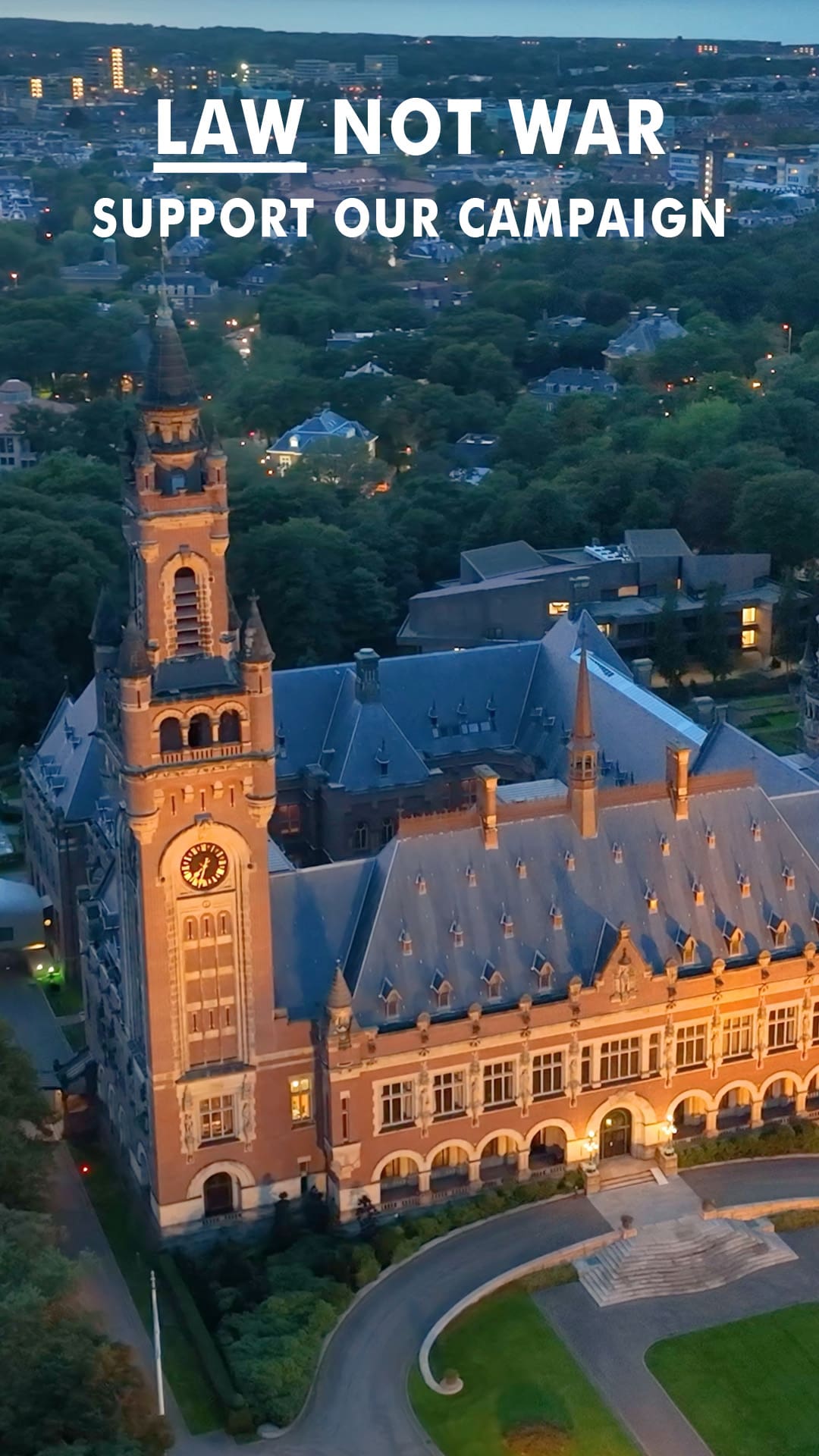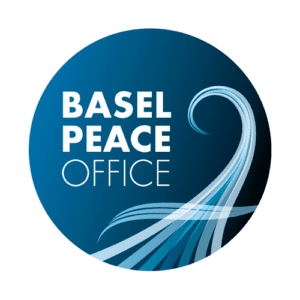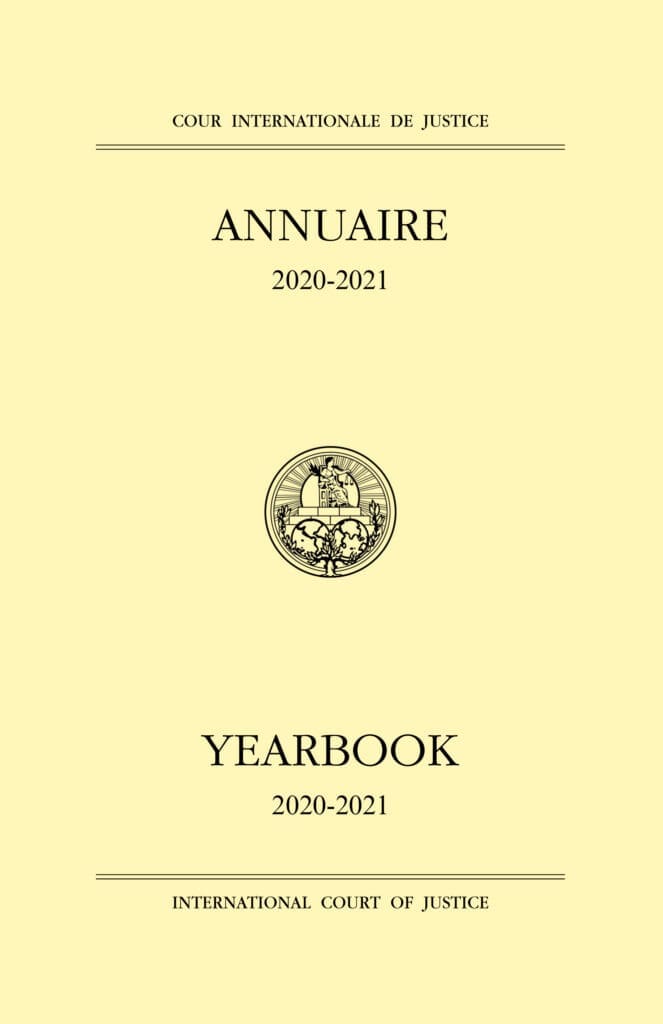LAW not War
Legal Alternatives to War
Increasing the universality and effectiveness of the International Court of Justice
Project Outline
The principal objective of the campaign is to increase the number of States accepting the compulsory jurisdiction of the ICJ, with the aspiration to achieve universal acceptance of jurisdiction by 2045, the 100th anniversary of the United Nations.
In addition, the campaign works to enhance ICJ jurisdiction through:
Promoting greater use by UN bodies of the option to request Advisory Opinions from the ICJ;
Encouraging disputing States to make more frequent use of the option of taking cases to the ICJ by mutual agreement;
Encouraging more frequent use of the compulsory ICJ jurisdiction provision in a number of international treaties, and promoting the inclusion of compulsory ICJ jurisdiction in additional treaties;
Encouraging states to adopt constitutional amendments or legislative measures to affirm the UN Charter prohibition of war and the obligation to resolve international disputes peacefully including through recourse to the ICJ.
The campaign employs a mixture of education about the value and impact of ICJ jurisdiction, and advocacy to enhance such jurisdiction.
“ I prefer law to war under all circumstances.”

Authority, influence and impact of the ICJ
The ICJ has had considerable success at resolving international disputes, including some that involved the threat or use of force. Examples include:
- Nicaragua v United States, which helped end US aggression against Nicaragua and paved the way for the Central American Peace Accords;
- The Nuclear Tests case, which helped end nuclear testing in Pacific;
- Chad v Libya, which resolved their territorial dispute and ended their armed conflict,
- Costa Rica v Nicaragua, which resolved their territorial dispute over the Isla Portillos and ensured withdrawal of the Nicaraguan military forces.
The authority of the ICJ within the United Nations system, and the unique contribution the ICJ plays with respect to the application of the law, ensures that its decisions exert considerable influence and impact on the parties and other stakeholders in its cases.
An analysis of ICJ cases undertaken by Judge C.G. Weeramantry (former Vice-President of the ICJ), for example, indicated that approximately 90% of ICJ cases are implemented – either fully or mostly.
However, its role is limited by the fact that its jurisdiction is based on voluntary acceptance. As such, many disputes that could potentially be resolved with the help of the ICJ are not brought to the court because of refusal of one or more parties to accept its jurisdiction.
ICJ jurisdiction
ICJ jurisdiction is conferred through a variety of processes including:
- Voluntary declarations by UN Member states – under Article 36 of the ICJ Statute – by which they unilaterally accept compulsory jurisdiction for any dispute between them and other states that have also made such declarations (74 countries have made such declarations);
- Mutual agreement by disputing states to take a specific legal issue to the court;
- Advisory Opinions which are requested to the Court by the UN Security Council, UN General Assembly (UNGA) or other UN organs and specialized agencies which have been granted authority by the UNGA to request such opinions;
- International treaties which provide for ICJ jurisdiction in disputes between States Parties relating to obligations under the treaty in question.
LAW not War is working to increase acceptance and use of ICJ jurisdiction through all four of these processes, but is placing a strong focus on enhancing the first process list above – increasing the number of voluntary declarations accepting ICJ jurisdiction for any international legal disputes.
The LAW not War campaign is building connection and cooperation with a like-minded group of countries that has produced a Handbook on accepting the jurisdiction of the International Court of Justice and released a Declaration on promoting the jurisdiction of the International Court of Justice which promotes the handbook and encourages states to accept jurisdiction of the Court both generally and in specific circumstances. 33 countries have now endorsed the declaration.
LAW not War and Common Security
The International Court of Justice is a key global governance mechanism for enhancing common security, i.e. peace and security for all. The LAW not War campaign therefore works as part of – or in cooperation with – other common security campaigns and initiatives including the UNFOLD ZERO Common Security platform, the WFM-IGP Abolish War through Common Security and the Law program and the Common Security v Nuclear Deterrence initiative.
LAW not War and the UN Summit of the Future
The UN Summit of the Future, scheduled for September 2024, provides an opportunity to highlight the role of the ICJ and build support for universal acceptance of its jurisdiction.
A large number of civil society organizations, facilitated by the Coalition for the UN We Need, have been consulting and cooperating on a Peoples Pact for the Future which includes 33 recommendations to the Summit that have considerable support around the world. One of these is the recommendation that “all UN Member States should be encouraged to accede, by no later than 2035, to the compulsory jurisdiction of the International Court of Justice to ensure the peaceful settlement of disputes.“
LAW not War is part of the ImPACT Coalition on Just Institutions and the International Court of Justice, which is being established at the 2024 UN Civil Society Conference in Nairobi to build further support for the ICJ and related tribunals through the UN Summit of the Future.
Founding/cosponsoring organizations
LAW not War is a joint campaign established and managed (cosponsored) by:
Basel Peace Office
The Basel Peace Office is established to advance research, teaching and policy-development programs dedicated to international peace, conflict resolution and security to achieve the global abolition of nuclear weapons.
Peace Action, Training and Research Institute of Romania
PATRIR is committed to a world in which conflicts are transformed constructively, through peaceful means – in which individuals, communities, countries and local, national, regional and international organisations and actors are empowered to address conflicts effectively, and work together to do so.
UNFOLD ZERO
A platform for United Nations (UN) focused initiatives and actions for the achievement of a nuclear weapons free world. It aims to create zero nuclear weapons through effective steps and measures facilitated by UN bodies.
World Federalist Movement
WFM-IGP aims to create more effective, transparent, and accountable global governance leading to democratic world federation.
World Future Council
Committed to a healthy planet with just and peaceful societies now and in the future.They identify, develop, examine and disseminate future-oriented solutions to current challenges that humanity is facing and celebrate them with a unique Future Policy Award every two years.
Participating organizations
Participating organizations include:
- Act for Change / Agir pour le Changement (Congo)
- Actions Communautaires pour le Développement de la Femme (Congo)
- All Souls Nuclear Disarmament Task Force (USA)
- Asociación Española para el Derecho Internacional de los Derechos Humanos (Spain)
- Association of World Citizens (France/International)
- Baltimore Nonviolence Center (USA)
- Blue Banner (Mongolia)
- Center for Enlightenment and Development (Malawi)
- Center for Peace and Global Governance (USA)
- Clean Climate and Environment Campaign Initiative(Nigeria)
- Centre International de Droit Comparé de l’Environnement (France)
- Center for United Nations Constitutional Research (Serbia)
- Coalition for Peace Action (USA)
- Democracy Today (Armenia)
- Democracy Without Borders (Germany/International)
- FrameOut (Sri Lanka)
- G100 Security and Defence Wing (International)
- Gender Peace and Security Organization (UK)
- Global Compliance Research Project (Canada)
- Global Directions (Australia)
- Global Peace Alliance BC Society (Canada)
- Global Security Institute (USA)
- Hawaii Institute for Human Rights (USA)
- Initiative pour le Désarmement Nucléaire (France)
- Integrity Initiatives International (USA)
- Interfaith Communities United for Justice and Peace (USA)
- International Community for Georgia Development and the Progress (Georgia)
- International Helping for the Young (Chad)
- L’Unione degli Scienziati Per Il Disarmo (Italy)
- Lawyers Committee on Nuclear Policy (USA)
- Legal Pact for the Future (USA)
- Malaysian Youth Diplomacy (Malaysia)
- Minnesota Peace Project (USA)
- Mundo sin gurerras y sin violencia (Chile/International)
- MY World Mexico (Mexico)
- National Coalition of Civil Society Organizations of Liberia (Liberia)
- National Council of Turkish Women (Turkey)
- National Forum on Human Rights (Yemen)
- NZ Centre for Global Studies (New Zealand)
- New Zealand Nuclear Free Peacemakers Association (New Zealand)
- Keen and Care Initiative (Nigeria)
- Nonviolence International (USA/International)
- Nukewatch (USA)
- Ohio Nuclear Free Network (USA)
- One Earth Future Foundation (USA)
- Österreichische Frauenföderation (Austria)
- Pakistan Peace Coalition (Pakistan)
- Pax Christi Pacific Northwest (USA)
- Pax Christi Toronto (Canada)
- Pax Christi USA
- Peace Action WI (USA)
- Peace in Our Schools (Canada/Georgia)
- Perú por el Desarme (Peru)
- Platform for Peace and Humanity (Slovakia/Europe)
- Project Enduring Peace (USA)
- Quaker United Nations Office Geneva (Switzerland/International)
- Reacción Climática (Bolivia)
- Raoul Wallenberg Institute (Sweden)
- Right Education Empowerment & Development Centre for Social Change – REED Centre (Nigeria)
- Rural Area Development Programme (Nepal)
- Science for Peace (Canada)
- Sri-Lanka Doctors for Peace and Development (Sri Lanka)
- Stimson Center (USA)
- Uganda Peace Foundation (Uganda)
- Union des Amis Socio Culturels d’Action en Developpement (Haiti)
- United Peace Keepers Federal Council (Thailand)
- United Nations Association, London and South East Region (UK)
- United Nations Association of New Zealand (New Zealand)
- United Nations Association of Chad (Chad)
- United Nations Association of Victoria (Australia)
- University International Student Chamber (Japan/International)
- Unione degli Scienziati Per Il Disarmo – Union of Scientists For Disarmament (Italy)
- Visionary Ethics Foundation/Fundacion Etica Visionaria (Spain)
- Women Empowerment Against Poverty of Nepal (Nepal)
- Women’s Federation for World Peace (Austria)
- Women’s International League for Peace and Freedom, US Section (USA)
- World Beyond War Aotearoa (Aotearoa/New Zealand)
- World Federalist Movement Canada (Canada)
- World Federation of United Nations Associations (WFUNA)
- Youth Fusion – Abolition 2000 Youth Network (International)
Join this growing number of LAW not War participating organizations.
“From the smallest village to the global stage, the rule of law is all that stands between peace and stability and a brutal struggle for power and resources. I note the importance of accepting the compulsory jurisdiction of the Court and call on all Member States to do so without any reservations.”
Newsletters
Interested in reading more about LAW not War? Take a deep-dive into UNFOLD ZERO Newsletters.
Update on ICJ Genocide Cases
February 1, 2024
LAW not War Update: ICJ cases on climate and genocide
January 9, 2024
War-driven Environmental Damage in Ukraine: Role of the ICJ
December 10, 2023
Legal Alternatives to War (LAW not War) Update
November 16, 2023
Resources
Additional resources and information about the project and the International Criminal Court (ICJ)
What is the International Court of Justice (ICJ)?
The International Court of Justice, which has its seat in The Hague, is the principal judicial organ of the United Nations.
Learn more about the ICJ and it’s history in the following video:
For more information, visit:
Yearbook of the International Court of Justice
Since 1947, the Registry has produced a Yearbook, an annual publication providing general information on the organization, jurisdiction and activities of the Court.
View and download the current ICJ Annuaire-Yearbook and past editions.
Judgments, Advisory Opinions and Orders
This resource provides access to all ICJ decisions from 1946 to the present, allowing users to delve into significant legal documents and understand international law’s nuances. Ideal for legal professionals, scholars, and anyone interested in global justice, this page offers invaluable insights.
Visit the Judgments, Advisory Opinions and Orders page on the ICJ website.
































